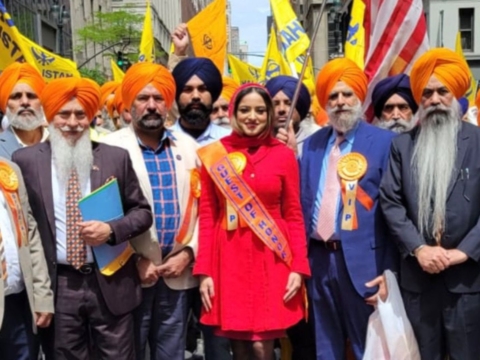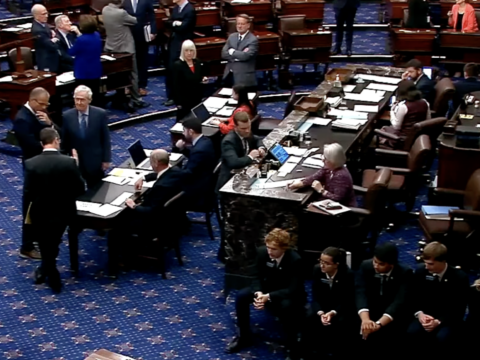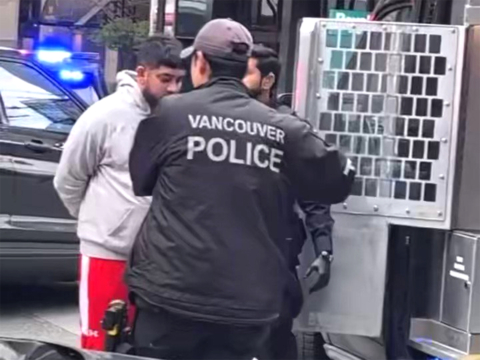The Embassy of India has deployed its Student Hub Advisory Board to take steps to educate students on how their lives at university may be impacted by the spread of the COVID-19 virus, as well as what actions they can take to ensure their continued safety. First and foremost the Board has urged all students to rely on reputable sources during this crisis, such as the World Health Organization, Centers and Disease Control, and the Indian Government’s Ministry of Health and Family Welfare.
In addition to this, students in need of emergency assistance are being urged to contact the 24/7 Consular Emergency helplines available at both the Embassy and Consulates; a non emergency peer support line has also been instituted.
In regards to campus housing, students being asked to vacate their living quarters are implored to submit petitions in order to retain their residence. If the petition fails, students are to consult directly with university staff and networks in order to find alternative living accomodations.
With numerous universities shutting down health services, the Embassy of India and the India Student Hub has stated that it remains steadfast in its goal of unwavering support of student welfare. The Embassy will be providing information on temporary emergency resources and solutions with their available resources and support from the United States government.
The Embassy reaffirms its connection with the U.S. government, specifically in regards to how the pandemic will affect international students. On this front it has been been confirmed by the Student and Exchange Visitor Program (SEVP), a program which operates under both the Department of Homeland Security (DHS) as well as the Immigration and Customs Enforcement (ICE), that international students have been granted temporary permission to engage in distance learning from either within or outside the confines of the United States; this comes without any penalty against any pertinent students as per the status of the Coronavirus pandemic. However the SEVP notes that this five month temporary absence rule is only applicable for students in inactive status. In relation to this the DHS has supplied updated information regarding visa statuses as well as CPT/OPT applications and extensions.
The Board also reminds students that were admitted into the country with visas nearing their expiration dates, that they may need to indicate action to extend their authorized stay. While the DHS currently is not offering blanket extensions to all visa cases, they are remaining vigilant to urgently process requests from individuals. As a result the Embassy is pushing individuals to apply for extensions through the United States Citizenship and Immigration Services (USCIS). Addedly, campus advisories and Designated Student Officials are able to provide elucidation in regards to F-1 and J-1 students and their dependents.
In line with the rest of the world, the board reaffirms that students are to avoid any and all non-essential domestic or international travel and to self quarantine and practice social distancing at home in order to prevent exposure to as well as the spreading of the virus. Concerning this, students are being directed to consult the US Department of State and Transportation and Security Administration.
Diya TV reported earlier this month that in order to preserve the public health and safety of the country’s citizens, the Indian government has suspended international and domestic flights alike until the 14th of April 2020.
The Embassy advises maintaining a minimum of a 6 foot distance from other individuals, and that those experiencing flu like symptoms are to self isolate for at least 2 weeks.
To receive the latests updates directly from the Embassy of India Student Hub advisories, register here.




